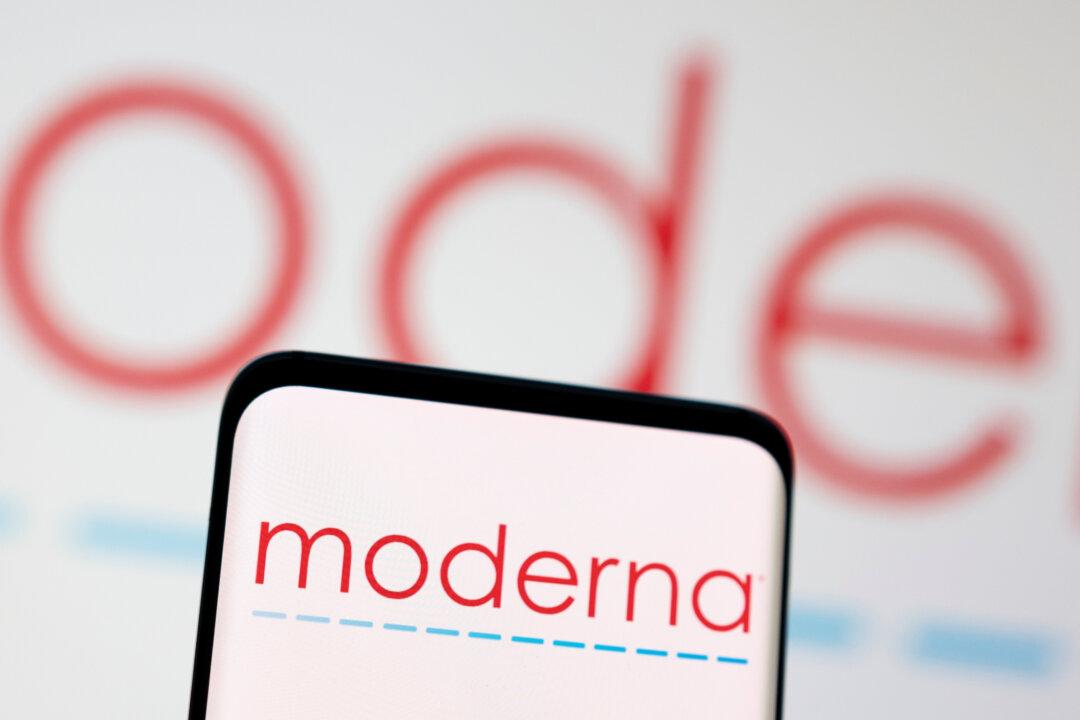Biotechnology company and mRNA vaccine developer Moderna has launched a new campaign in Australia focussing on the “possibilities” of mRNA technology.
This comes as the biotech company and the Australian government work to produce 100 million mRNA vaccine doses per year at a soon-to-be-completed manufacturing facility in 2024.





